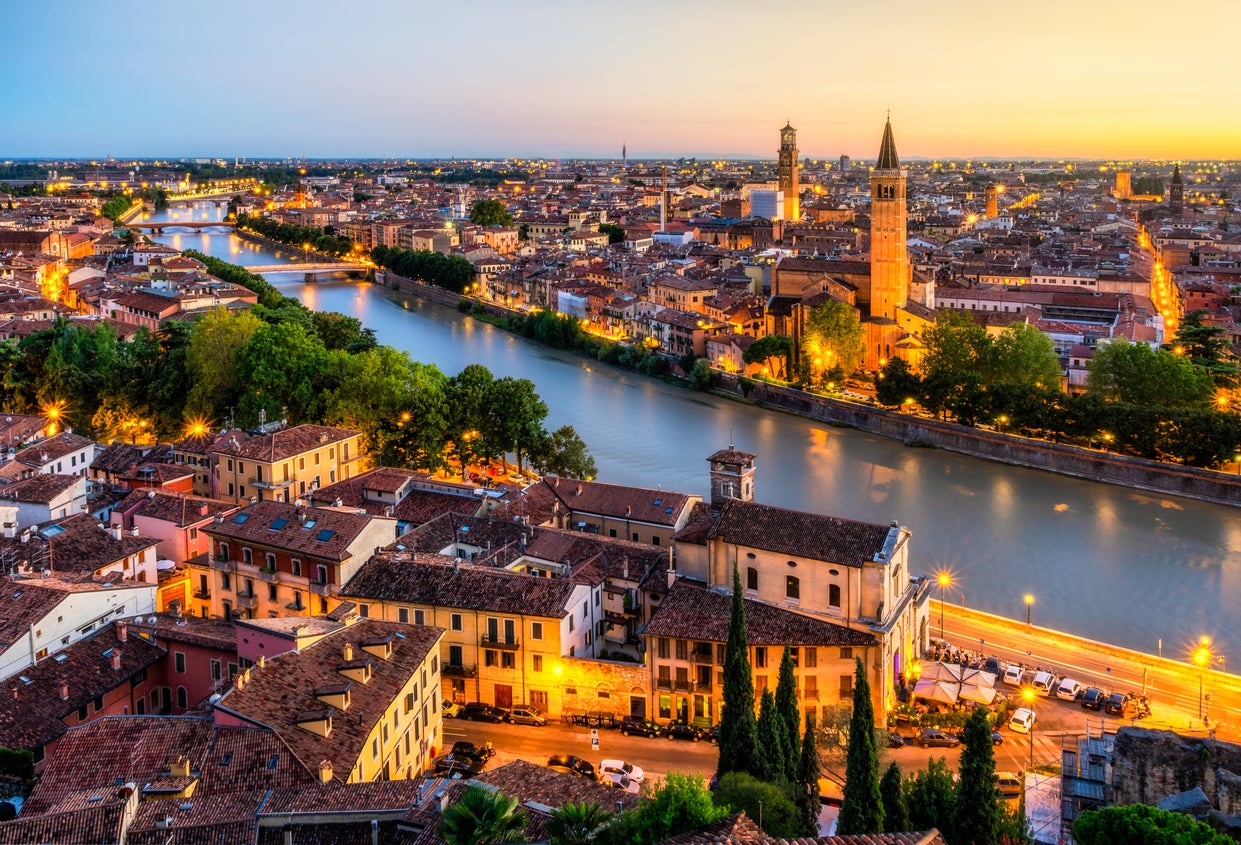‘Mini Pompeii’ found buried under old cinema in northern Italy
Experts say the building dates back to the second century

Your support helps us to tell the story
From reproductive rights to climate change to Big Tech, The Independent is on the ground when the story is developing. Whether it's investigating the financials of Elon Musk's pro-Trump PAC or producing our latest documentary, 'The A Word', which shines a light on the American women fighting for reproductive rights, we know how important it is to parse out the facts from the messaging.
At such a critical moment in US history, we need reporters on the ground. Your donation allows us to keep sending journalists to speak to both sides of the story.
The Independent is trusted by Americans across the entire political spectrum. And unlike many other quality news outlets, we choose not to lock Americans out of our reporting and analysis with paywalls. We believe quality journalism should be available to everyone, paid for by those who can afford it.
Your support makes all the difference.Digging at a site in northern Itlay has uncovered an ancient Roman building described as a "miniature Pompeii".
The discovery was made at a former cinema hall in the town of Verona, about 75 miles west of Venice.
Archaeologists say the building, which dates back to the second century, is believed to have survived a fire because its roof had collapsed and it contained a number of items of charred wooden furniture.
Experts say it is not yet clear what purpose the building served.
Although the structure had been damaged in the fire, some of the interior was "preserved intact, with the magnificent colours of the frescoed walls dating back to the second century,” said Verona’s archaeological superintendent, the department in charge of archaeology for the area.
It was found while renovations took place at the Astra cinema site, which has been vacant for around 20 years.
The discovery and evidence of the fire evoked memories of ancient Pompeii, the superintendent added.
Pompeii was destroyed in around AD79 when Mount Vesuvius erupted, burying its residents under ash and rock.
The nearby town of Herculaneum was also destroyed following the volcano blast.
Earlier this year, a ceremonial chariot was discovered during excavations of a Roman villa just outside the walls of ancient Pompeii.
The four-wheeled vehicle made of wood and iron with decorations in bronze and tin was almost perfectly preserved when the city.
It was unearthed in the portico opposite the stable where archaeologists found the remains of three horses, including one still in its harness, in 2018.
Italy's culture ministry described the carriage as "a unique find, without any precedent in Italy".
Join our commenting forum
Join thought-provoking conversations, follow other Independent readers and see their replies
Comments